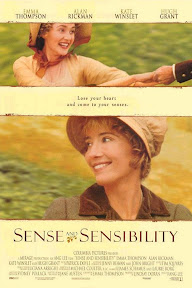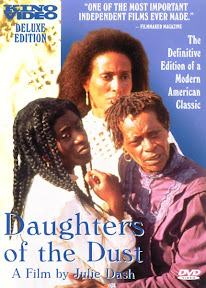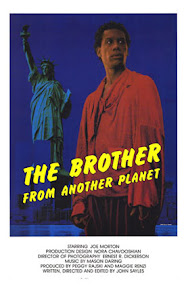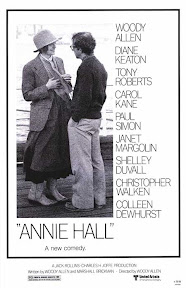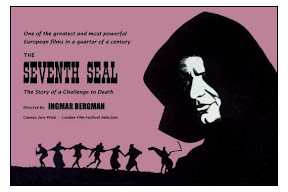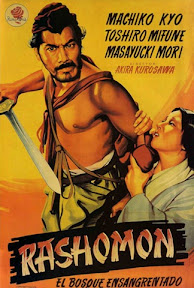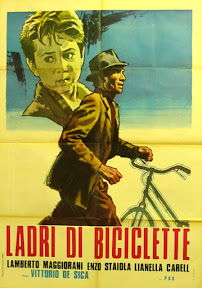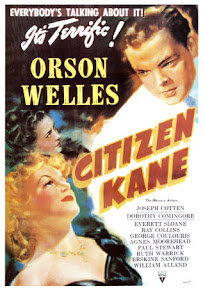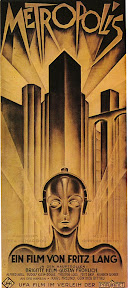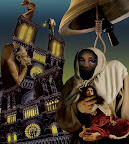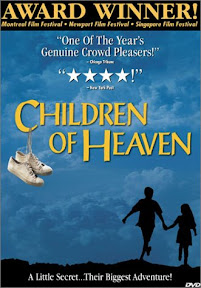 Children of Heaven (1997) by Majid Majidi: 89 minutes, 7.9 IMDB, 87% fresh tomatoes
Children of Heaven (1997) by Majid Majidi: 89 minutes, 7.9 IMDB, 87% fresh tomatoesMy notes:
- 0:04:10 It's the grocer's fault. If he hadn't made Ali pick from the poor potatoes, Zahra's shoes wouldn't have been taken.
- 0:05:00 The grocer gets his comeuppance in the form of spilled vegetables.
- 0:23:50 The TV shows shoes, then the shoes being wiped out with static, then a storm. Then there's rain in the real world. Not sure what that means, but there it is.
- 0:28:00 Two strangers help to rescue the shoe from the gutter.
- 0:36:45 "I am the flower of this country." "Obedient to the leader." I like this scene, as it shows the universal tendency of kids to treat their national pledges as rote.
- 0:43:45 Message: Not all teachers are assholes. But administrators, yeah.
- 0:45:40 Ari and Zahra see that the other girl's father is blind and is worse off than they are. Reminds me of a guitar-playing comedian I once heard, who sang, "I wept for I had no shoes. (STRUM!) 'Til I met a man who had no feet. (STRUM!) And I said to him, (STRUM!) 'Can I have your shoes?'"
- 0:59:10 A bicycle mishap robs the poor family of their hopes and dreams, just as things were looking up. What film is this, anyway?
- 1:09:20 Today's lesson, kids: crying works!
- I learn from IMDB that "[i]n the English DVD version of the film, the epilogue is not translated. The epilogue explains that Ali eventually achieves the larger-scale success of having a racing career." That's an annoying oversight on the part of the translators.
The cousinnephew summary:
- It was pretty simply made. Had a good script.
- Went to some effort for certain scenes, like the entire racing scene.
- The directing and editing that I found cool was the underwater shot and, during the race, the slow motion. Goes from a shot from the side to a POV shot.
- They didn't do music for the entire race, probably so you could get the effect of the sounds of the running. They did do music right at the very end of the race.
- I was surprised that they didn't have music to relate his feelings during the race.
- I wish they'd wrapped a few more things up. Did his dad keep the gardening job? I didn't see the point of the whole bicycle, oh-my-brakes-were-out.
- If his dad hadn't had shoes at the end you'd think, "Oh, that's terrible." And the sister would be, "Okay, you failed."
